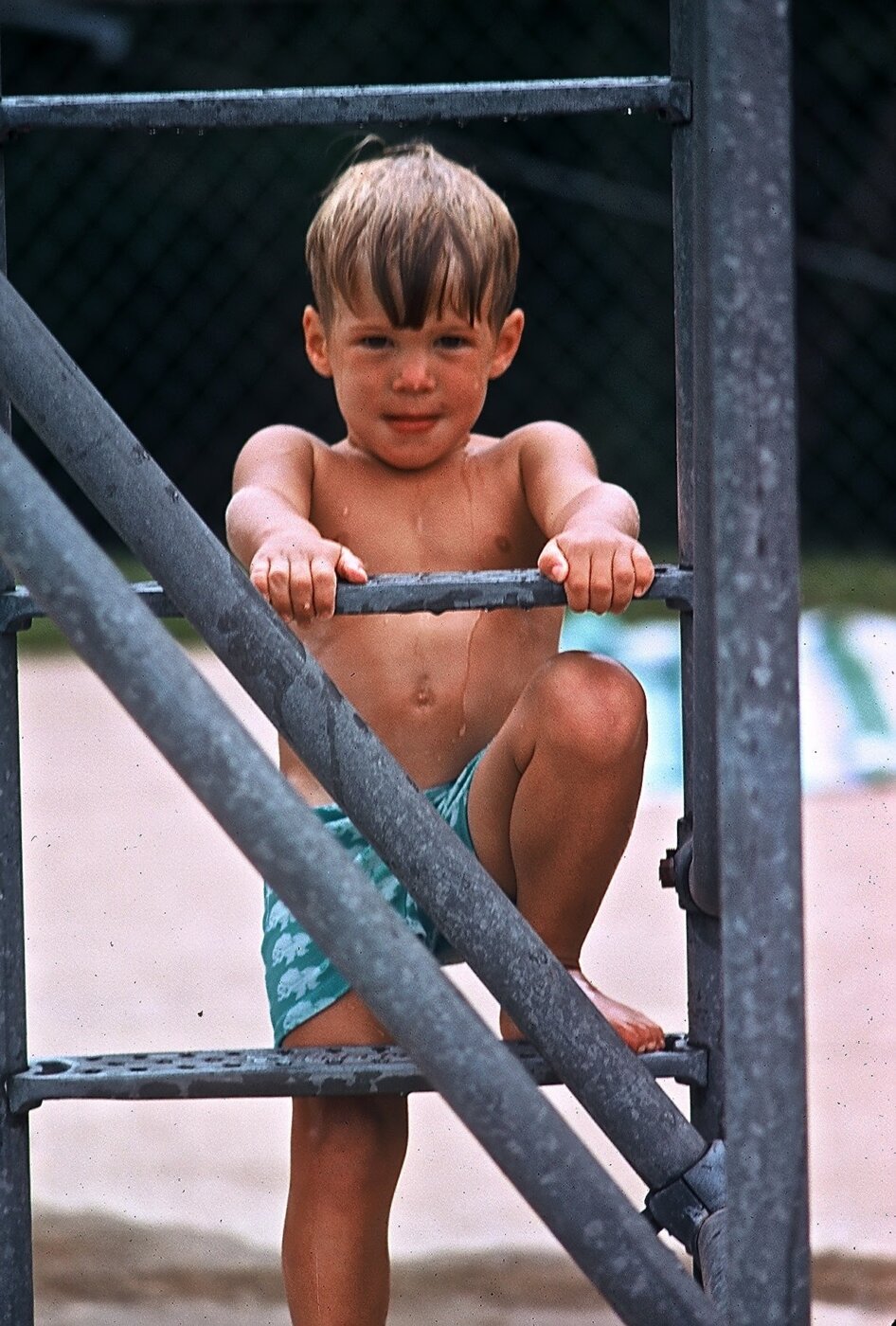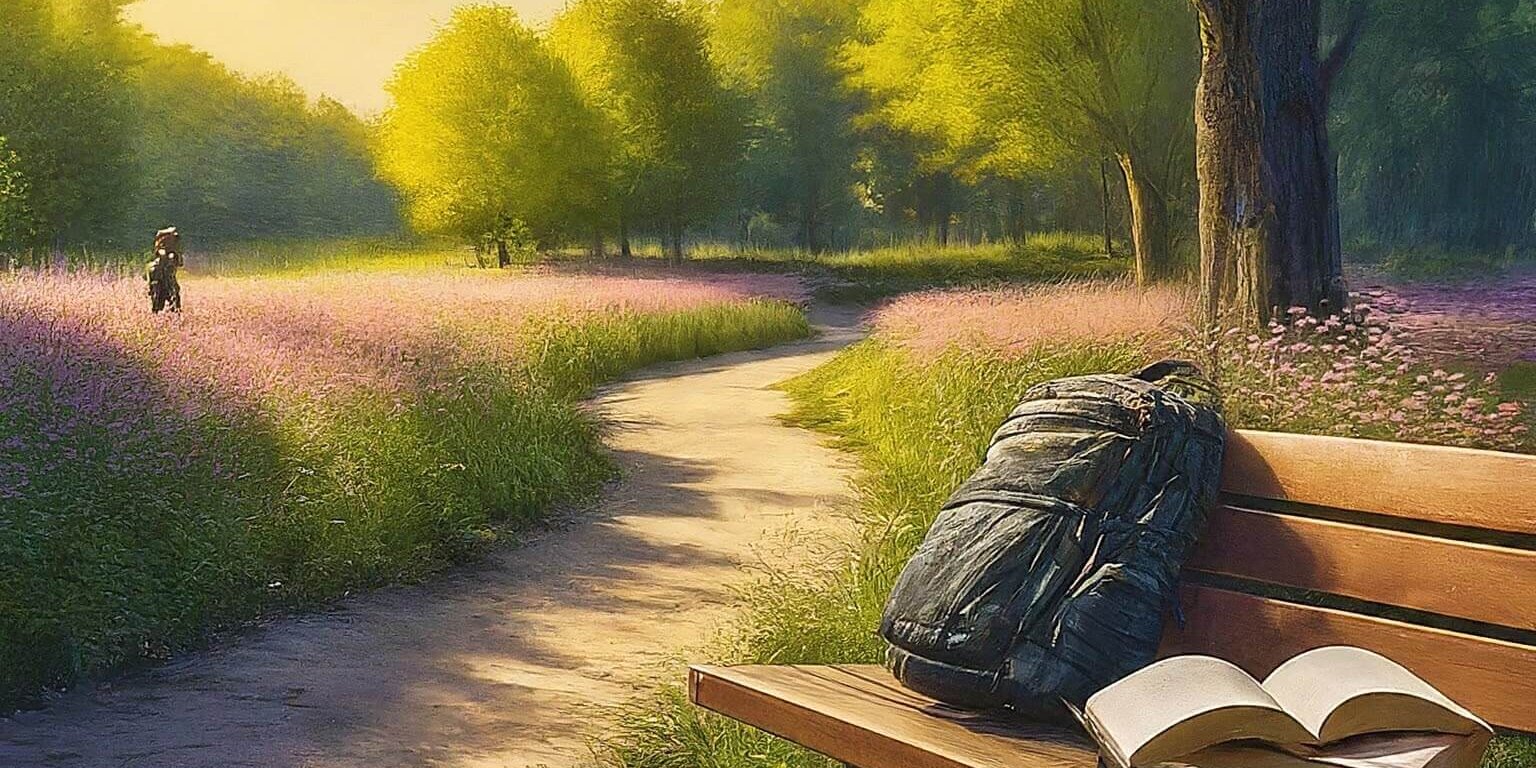I read an informative article from the Canadian Paediatric Society that offers some interesting advice about how to combat the soaring rates of anxiety and depression that we are seeing in young people. What do they recommend? “Risky play!”
My outdoor educator background finds this intriguing. The idea is to allow kids to play without adult intrusion or intervention. This means letting them climb trees and have fun on the playground. I have often seen parents hovering over their children in such situations, trying to ensure that no one falls and breaks an arm. But statistically, a study found that kids are far more likely to be injured playing organized sports. Instead of “risky play,” I prefer the term “free-range parenting.” Allowing kids time to play in unstructured ways can promote confidence, creativity, and imagination.
“From an evolutionary standpoint, why do children want to play in a risky way? Because this is how they develop a little courage,” says author Peter Gray, a professor of psychology and neuroscience at Boston College. “They deliberately put themselves into situations where they’re feeling fear so that, unconsciously, they can have a sense of control over it: ‘I can feel this fear and survive it.’ So when they face a real emergency, they are slightly less likely to panic. They are also less fearful because they know, ‘Something can happen and I can manage it.’”
This speaks to me in many ways because it relates to the value of experiential education and taking students out of their comfort zones so they can grow and learn.
When I was a kid in the 1970s, “free-range parenting” was the norm. I walked or rode my bike about a mile to school each way. Then, I would come home and play with my friends in the surrounding desert near my neighborhood in Tucson. We’d get on our bikes and explore. We would build jumps and BMX tracks, as well as countless forts. We would find all kinds of random items that had been discarded and create new things. There were no cell phones, only instructions to be home by dinner.
Of course, the physical world can be scary. But, as I have written before, the virtual world is not really safe. Every parent needs to make choices they think are important, but giving some space to allow your child to figure things out on their own can help them immensely in their development and resiliency.
We see this all the time on the CA playground. Kids are playing soccer, and kickball, swinging from the monkey bars, or creating their own unique games. Of course, we provide adult supervision, but the teachers are there in the background and often allow kids to have this time to engage with one another. Many life lessons are being learned on the playground: Dealing successfully with others and finding ways to make connections are just two of them.
So, get out, take some risks, and have some fun this weekend. Put away the devices, and climb a tree or do a cartwheel!
Here’s photo proof of Mike Davis’s free-range childhood…




